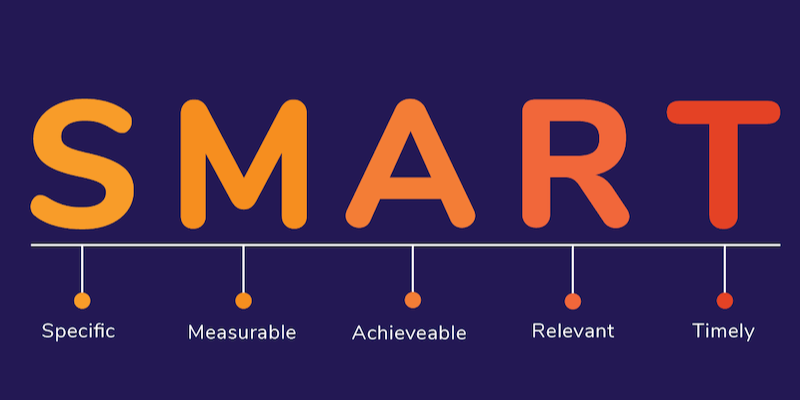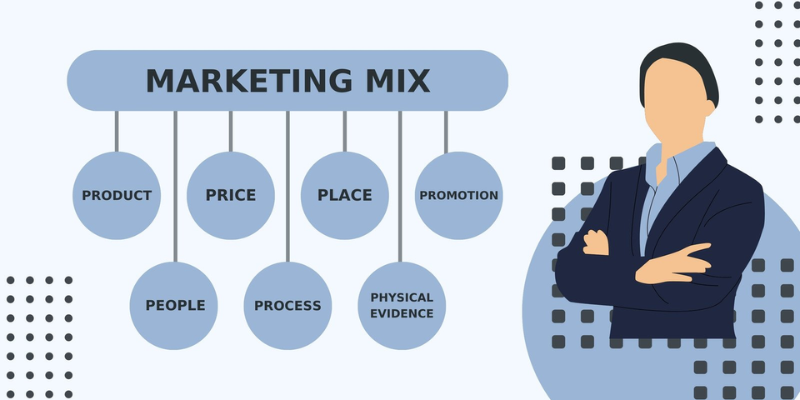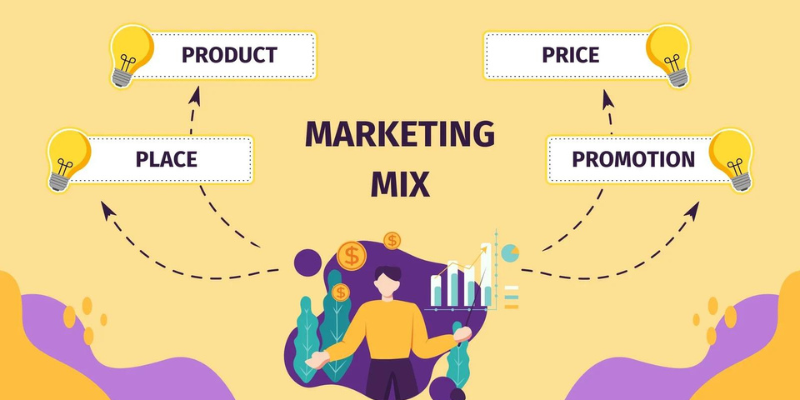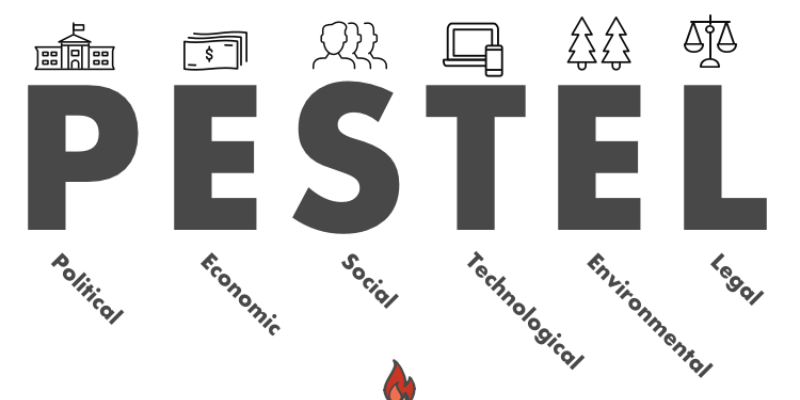SMART Objectives in Marketing: A Strategic Approach to Goal Setting
SMART Objectives in Marketing: A Strategic Approach to Goal Setting SMART objectives provide a robust framework for setting and achieving goals in marketing. Introduced in the 1980s, the SMART acronym stands for Specific, Measurable, Achievable, Relevant, and Time-bound, a model that can be applied across industries and functional areas but has particular relevance in marketing due to its results-driven nature. These criteria ensure that marketing objectives are clearly defined, actionable, and aligned with a company’s broader strategic goals. This essay expands on the SMART objectives model, delving into each component and demonstrating how it applies to marketing strategies. Moreover, it offers insights into the importance of this framework, supporting the discussion with academic references and practical examples. Specific: The Need for Clarity in Marketing Goals The first component of SMART objectives is Specific, which refers to the clarity and precision of the goal. Objectives should provide a clear description of what is to be achieved, who is responsible, the location, and the reasons behind the goal. When objectives are vague, it is difficult to focus efforts and track progress. As Kotler and Keller (2016) point out in their seminal marketing textbook, the specificity of marketing objectives determines the direction of marketing strategies. Without a clear objective, efforts can become scattered, and resources wasted. In the context of a marketing campaign, specificity might involve targeting a particular market segment or customer persona. For instance, instead of a generic objective like “increase brand awareness,” a specific objective could be “increase brand awareness among millennial consumers in urban areas by 15% over the next quarter through social media advertising.” The latter provides a clearer target, defining the audience, time frame, and method of achieving the goal, making it easier for teams to focus and coordinate their efforts. Measurable: Tracking Marketing Success The second aspect of SMART objectives is Measurable. It is essential to have clear criteria for evaluating success. As Drucker (1954) famously stated, “what gets measured, gets managed.” In marketing, measurability often involves identifying key performance indicators (KPIs), such as website traffic, conversion rates, sales figures, or customer engagement metrics. These KPIs offer quantifiable evidence of progress and success. Measurability in marketing also allows for adjustments and optimisations. For instance, if a goal is to increase website traffic by 20%, measuring this on a weekly or monthly basis enables marketers to assess whether their strategies are working. If traffic is not increasing as expected, they can quickly adjust tactics, such as refining search engine optimisation (SEO) efforts or modifying ad copy. Without measurable objectives, marketing teams would lack the data needed to refine approaches and maximise return on investment (ROI). Achievable: Setting Realistic but Ambitious Goals The third component, Achievable, stresses the importance of realism in goal-setting. While it is important to set goals that challenge the team, objectives that are too ambitious may lead to failure and demotivation. According to Armstrong et al. (2017), marketing objectives must strike a balance between being challenging and attainable. Goals that require a significant increase in resources or a major overhaul of marketing infrastructure may be unrealistic within a given time frame. For instance, an e-commerce company aiming to increase its online sales by 500% in one month is likely setting itself up for failure unless it has unprecedented marketing resources and a highly untapped market. However, a more achievable objective might be to aim for a 20% increase in sales over six months through targeted digital marketing campaigns, improvements in user experience, and enhanced customer service. Achievability ensures that objectives are grounded in the reality of the company’s resources, capacities, and market conditions. Relevant: Aligning with Broader Organisational Goals SMART objectives must also be Relevant. This means that marketing goals should align with the broader strategic objectives of the organisation. Relevance ensures that marketing activities contribute directly to the company’s long-term vision and mission. For example, if a company’s overarching goal is to establish itself as a market leader in eco-friendly products, its marketing objectives should reflect this priority by focusing on promoting sustainability and highlighting its environmentally friendly offerings. Relevance also means that marketing objectives must align with consumer trends and behaviours. As Kotler et al. (2017) note, marketing strategies that are out of touch with consumer preferences or market conditions are likely to fail. For instance, in today’s digital age, a company’s marketing efforts might focus on building an online presence and engaging customers through social media platforms, reflecting the growing importance of digital marketing channels. Ensuring that marketing goals are relevant not only enhances their effectiveness but also ensures they are contributing to the company’s overall success. Time-Bound: Creating Urgency and Accountability The final component of SMART objectives is Time-bound, which ensures that marketing goals have a clear deadline. Time constraints create a sense of urgency and accountability, motivating teams to prioritise tasks and work towards completion. Time-bound objectives are particularly important in marketing, where campaigns often operate within tight deadlines tied to product launches, seasonal trends, or promotional cycles. For example, a marketing objective might be to “increase email newsletter sign-ups by 25% over the next three months.” This deadline ensures that the team is not only aware of the goal but also understands the timeline within which they need to achieve it. Setting time-bound goals also facilitates the measurement of progress over time, allowing for ongoing assessment and course corrections. Moreover, time-bound objectives help to allocate resources effectively. A campaign with a six-month timeline will likely require a different budget and allocation of human resources compared to a two-week campaign. The time-bound element of SMART objectives ensures that the marketing team stays on track and delivers results within the expected period. Practical Application: A Marketing Case Study To illustrate the application of SMART objectives in marketing, consider a company launching a new organic skincare product. A SMART marketing objective might be: “Increase online sales of the new organic skincare line by 30% over the next six months through influencer partnerships, targeted email campaigns, and search engine optimisation.” This … Read more










